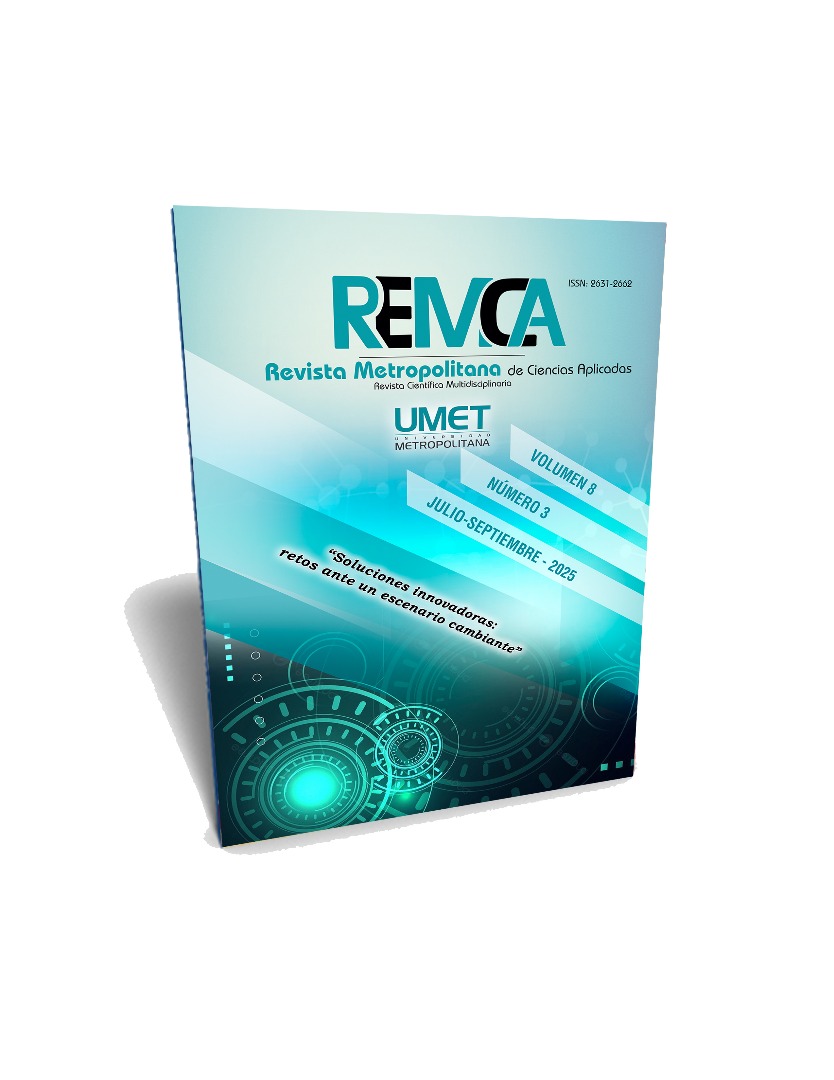Teaching literature from an appreciative perspective
DOI:
https://doi.org/10.62452/gqwz2k95Keywords:
Literary education, aesthetic taste, developmental literary learningAbstract
Literary education is a topic that has been constantly addressed in the curriculum of education in Cuba since the first grades of schooling. This has great application in the learning of norms and attitudes for life. The objective of this article is to propose a sistem of activities to contribute to the development of literary education in students at the pre-university level. A qualitative methodology is used through the systematization of experiences for which a group of students were selected during the 10th grade. The fundamental method that governs the research is the dialectical materialist and the inductive deductive way. Theoretical and empirical level methods are used. With the application of the proposal and the use of the appreciative approach, it is possible to contribute to the development of the sensitivity factor in the students, as well as to positively influence their aesthetic taste. In the same way, students’ appropriate skills that allow them to become managers of their own learning, which leads to a developing literary learning.
Downloads
References
Delgado Rodríguez, A. M. (2021). Orientaciones metodológicas Literatura y lengua para 10mo grado. Editorial Pueblo y Educación.
Fierro, B. M., García, A. M., & Díaz, L. I. (2020). Lectura y comunicación: retos para la innovación en la educación del siglo XXI. Dominio De Las Ciencias, 6(3), 541–557. https://doi.org/10.23857/dc.v6i3.1414
Gallardo Álvarez, I. (2012). Propuesta para la enseñanza de la competencia literaria en el tercer ciclo de la educación general básica y diversificada. Káñina, 33(2). https://revistas.ucr.ac.cr/index.php/kanina/article/view/1078
García, M. A., Pérez Barrera, M., & Miló Anillo, M. C. (2016). Algunas consideraciones en torno a los métodos modernos de análisis literario desde una perspectiva didáctica. Revista Mendive, 14(4). http://mendive.upr.edu.cu/index.php/MendiveUPR
Herrera Rojas, R. L. (2022). Claves y desafíos de la educación literaria. Editorial Pueblo y Educación.
Machín Hernández, K., García Escobio, M. A., & Martínez Bencomo, H. E. (2023). Nuevas consideraciones en torno a la clase de Literatura y Lengua en preuniversitario. Revista RETOS XXI, 7(1). https://doi.org/10.30827/retosxxi.7.2023.29064
Mendoza Fillola, A. (2004) La educación literaria: bases para la competencia lecto-literaria. Ediciones Aljibe.
Downloads
Published
Issue
Section
License
Copyright (c) 2025 Niurka Yanes-Pérez (Autor/a)

This work is licensed under a Creative Commons Attribution-NonCommercial-ShareAlike 4.0 International License.
Authors who publish in Revista Metropolitana de Ciencias Aplicadas (REMCA), agree to the following terms:
1. Copyright
Authors retain unrestricted copyright to their work. Authors grant the journal the right of first publication. To this end, they assign the journal non-exclusive exploitation rights (reproduction, distribution, public communication, and transformation). Authors may enter into additional agreements for the non-exclusive distribution of the version of the work published in the journal, provided that acknowledgment of its initial publication in this journal is given.
© The authors.
2. License
The articles are published in the journal under the Creative Commons Attribution-NonCommercial-ShareAlike 4.0 International License (CC BY-NC-SA 4.0). The terms can be found at: https://creativecommons.org/licenses/by-nc-sa/4.0/deed.en
This license allows:
- Sharing: Copying and redistributing the material in any medium or format.
- Adapting: Remixing, transforming, and building upon the material.
Under the following terms:
- Attribution: You must give appropriate credit, provide a link to the license, and indicate if any changes were made. You may do this in any reasonable manner, but not in any way that suggests the licensor endorses or sponsors your use.
- NonCommercial: You may not use the material for commercial purposes.
- ShareAlike: If you remix, transform, or build upon the material, you must distribute your creation under the same license as the original work.
There are no additional restrictions. You may not apply legal terms or technological measures that legally restrict others from doing anything the license permits.




